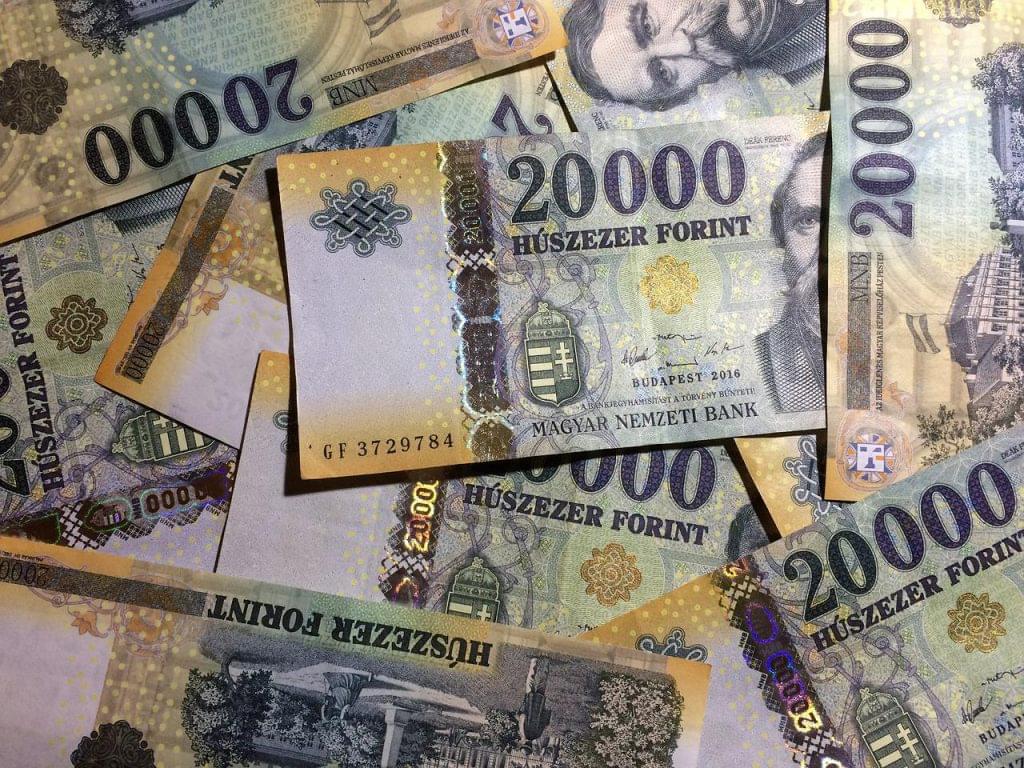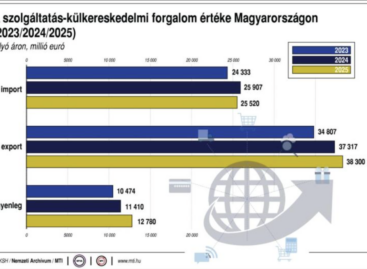GKI: What did (re)industrialization achieve in the light of the development of foreign trade?
Hungary’s foreign trade balance in goods showed a record loss in 2022 (-8.6 billion euros) according to the KSH, while according to the MNB the deficit was almost -15 billion euros.

g
Based on the data of the KSH, the balance deteriorated significantly from 2021, but according to the MNB, the trend has been deteriorating since 2015, and in 2018 the balance of trade in goods also turned negative. The two data series agree that the biggest deterioration occurred in 2022. This is primarily due to losses in foreign trade in energy (in 2022 alone, the deficit was 9.8 billion euros due to this). At the same time, the data without energy foreign trade also indicate that the scissors are closing in the case of goods import and export, which is reflected in a decrease in the balance.
While the foreign trade asset (excluding energy) exceeded 13 billion euros before the announcement of the re-industrialization program, it fell to 8 billion euros by 2022, which can be attributed to the faster growth of imports than exports. This indicates that the import content of the newly created export capacities is higher than the previous ones, i.e. the domestic added value is lower (thus, the field of assembly plants is increasingly Hungary, where typically multi-shift production requires trained labor who assemble imported goods for export ). Considering the typically 80-85% direct (and additional indirect – e.g. energy) import ratio, this is of course not surprising. In 2021, industry and road transport for industrial purposes together accounted for nearly 1/3 of the primary energy consumption.
Related news
Eurozone economic growth accelerated in February
🎧 Hallgasd a cikket: Lejátszás Szünet Folytatás Leállítás Nyelv: Auto…
Read more >KSH: The foreign trade surplus in services was 3.1 billion euros in the fourth quarter of last year
🎧 Hallgasd a cikket: Lejátszás Szünet Folytatás Leállítás Nyelv: Auto…
Read more >How does the forint exchange rate affect consumer prices?
🎧 Hallgasd a cikket: Lejátszás Szünet Folytatás Leállítás Nyelv: Auto…
Read more >Related news
MBH Analysis Center: The Hungarian economy may accelerate again in 2026, but the Iranian war carries serious risks
🎧 Hallgasd a cikket: Lejátszás Szünet Folytatás Leállítás Nyelv: Auto…
Read more >SPAR is preparing for an Easter rush: it is filling its stores with 570 tons of smoked meat products
🎧 Hallgasd a cikket: Lejátszás Szünet Folytatás Leállítás Nyelv: Auto…
Read more >









